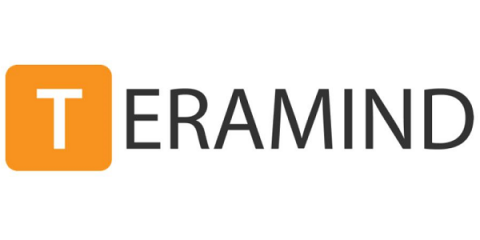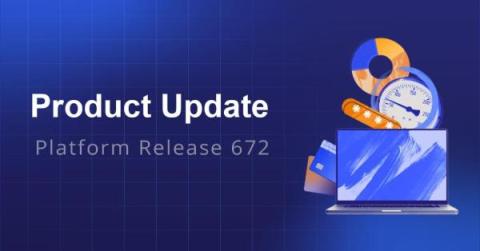Call Center Screen Monitoring: Use Cases & Benefits
Today’s average call center interaction doesn’t look how it used to. We expect today’s call center employees to be highly tech-savvy and ready to handle customer issues via phone, email, and live chat. We also require them to have access to sensitive data, which they’ll often pull up on their screens during a call so they can quickly resolve any problems or inquiries.




